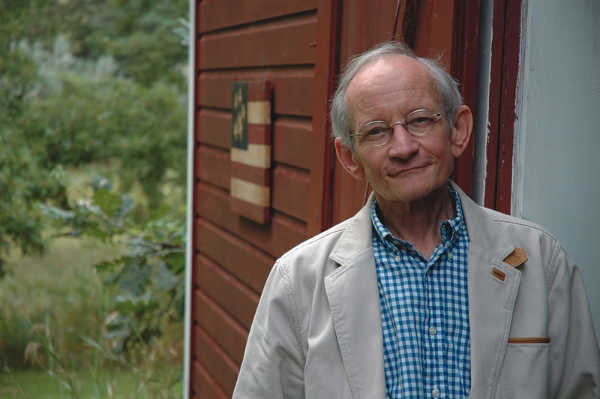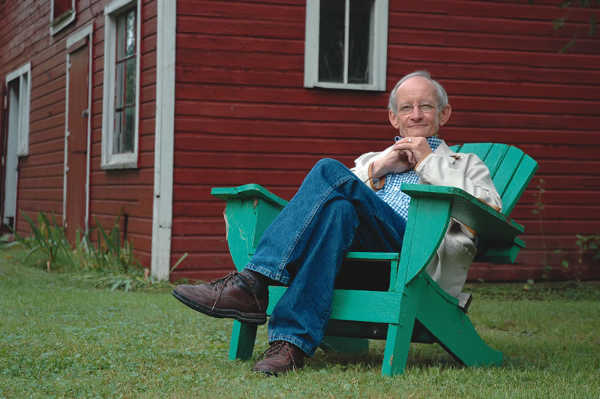- Ted Kooser
- Posted On
American Life in Poetry: Boy and Egg

Naomi Shihab Nye lives in San Antonio, Texas. Here she perfectly captures a moment in childhood that nearly all of us may remember: being too small for the games the big kids were playing, and fastening tightly upon some little thing of our own.
Editor’s Note: This column is a reprint from the American Life in Poetry archive as we bid farewell to Ted Kooser, and work to finalize the new website and forthcoming columns curated by Kwame Dawes.
Boy and Egg
Every few minutes, he wants
to march the trail of flattened rye grass
back to the house of muttering
hens. He too could make
a bed in hay. Yesterday the egg so fresh
it felt hot in his hand and he pressed it
to his ear while the other children
laughed and ran with a ball, leaving him,
so little yet, too forgetful in games,
ready to cry if the ball brushed him,
riveted to the secret of birds
caught up inside his fist,
not ready to give it over
to the refrigerator
or the rest of the day.
American Life in Poetry does not accept unsolicited manuscripts. It is made possible by The Poetry Foundation, publisher of Poetry magazine. It is also supported by the Department of English at the University of Nebraska, Lincoln. Reprinted from Fuel, published by BOA Editions by permission of the author. Copyright © 1998 by Naomi Shihab Nye. Introduction copyright @2021 by The Poetry Foundation. The introduction’s author, Ted Kooser, served as United States Poet Laureate Consultant in Poetry to the Library of Congress from 2004-2006.








